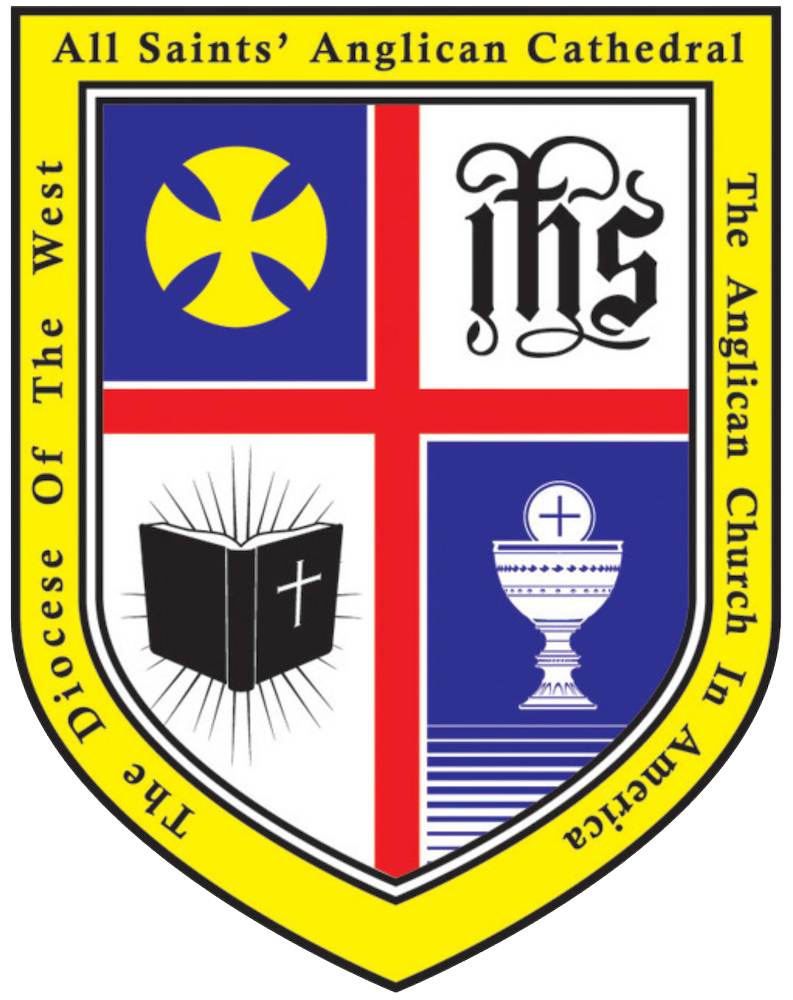Fourth Sunday in Lent AD 2024
The world around us is full of miracles, and the closer and better we get to know it, the greater these miracles seem. Not only those that we call supernatural, but also those that are part of our natural environment.
In the Lord’s Prayer, one of the petitions is dedicated to “our daily bread”. How often do we think how wonderful this daily bread is? The most common, plain bread. If we were to compare bread with a human being, everyone would say that a human being is a much more complex organism than bread. But is it?
According to the scientists, bread wheat has one of the most complex genomes known to science, containing an estimated 16 billion base pairs of DNA and six copies of seven chromosomes. By comparison, the human genome is about five times smaller, with about three billion base pairs and two copies of 23 chromosomes.
Of course, man does not live by bread alone, and he is not just DNA. Man is created in the image and likeness of God: each of us received our body from our parents, but our soul was created directly by God. This means that at least as much as we need earthly bread, we also need Heavenly bread to be truly alive.
Today’s Gospel shows that God generously provides for both: He gives us our daily bread, and He has promised us the Bread of eternal life, which is His only begotten Son, our Lord and Savior Jesus Christ. Every time we celebrate the Most Holy Sacrament of the Altar, we partake of the true Body and true Blood of Christ, of which He Himself says that whoever eats and drinks it shall live forever.
The world around us is full of miracles, but the greatest miracle is that God, our Creator, loves us so much that He gave His only begotten Son for us so that we would not perish but inherit eternal salvation.
